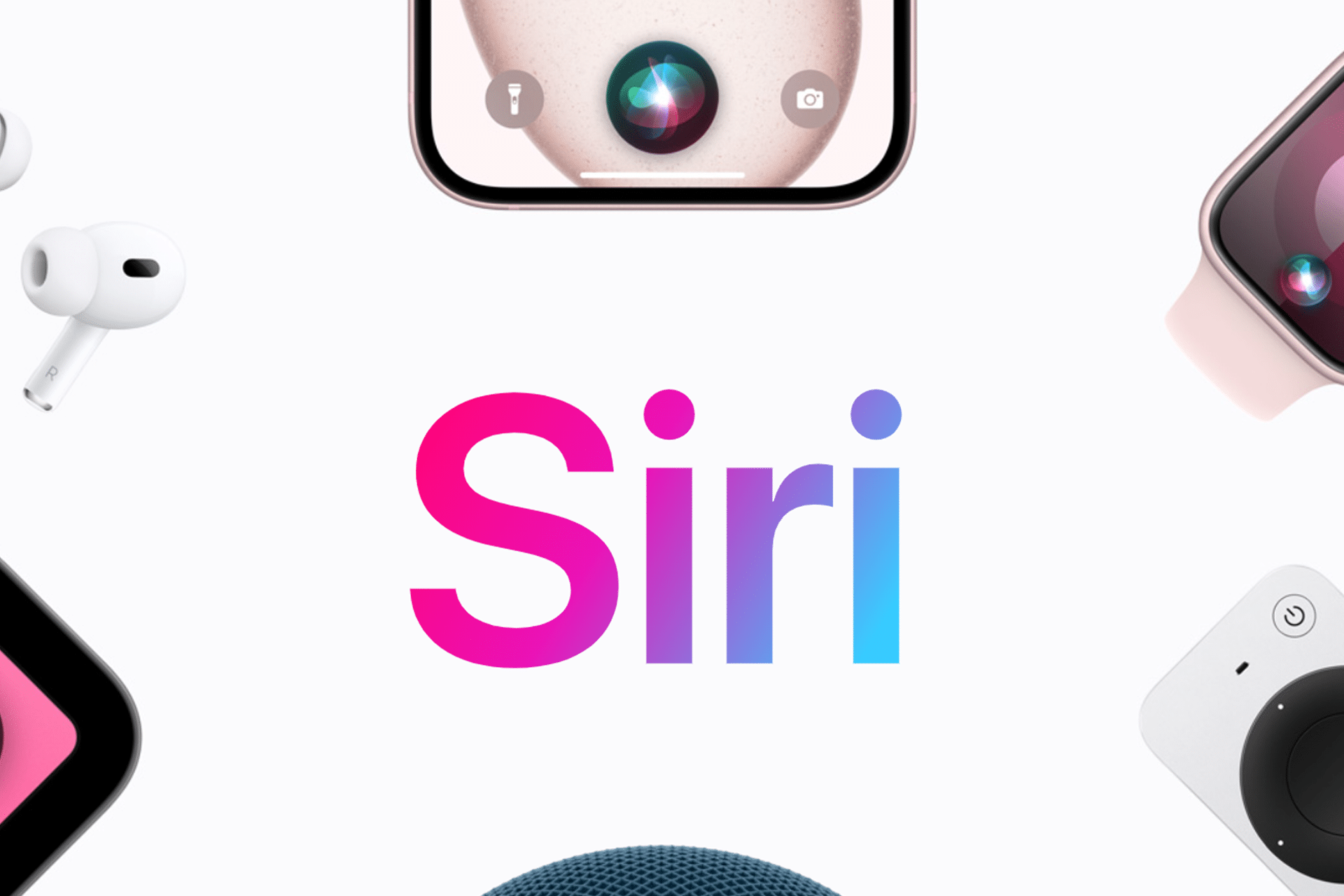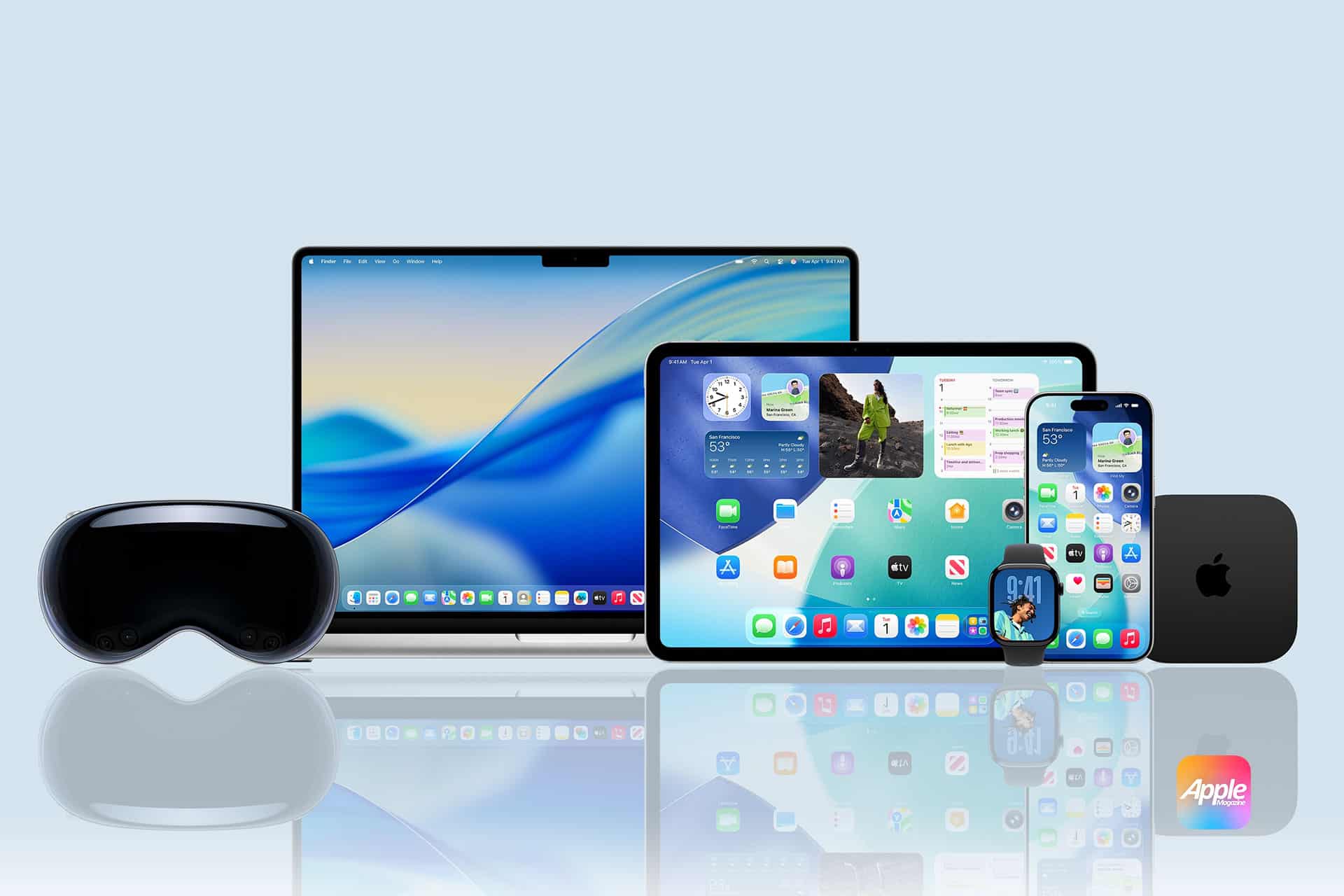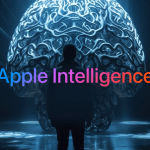Apple is reportedly finalizing an agreement with Google to pay around $1 billion per year to license the company’s Gemini artificial intelligence model for use in Siri. The deal, which would bring one of the most powerful large-scale AI systems into Apple’s ecosystem, reflects a strategic shift in how the company plans to evolve its voice assistant.
The report, first published by Bloomberg and later corroborated by several industry outlets, suggests Apple intends to use Google’s Gemini 1.2-trillion-parameter model to enhance Siri’s ability to summarize, plan, and respond to complex, multi-step requests. The model would complement Apple’s existing in-house systems, which power on-device AI processing for tasks like personalization and contextual understanding.
A Hybrid AI Approach
The partnership would mark a turning point for Siri’s architecture, combining Apple’s privacy-focused computing framework with Google’s large-scale model training. Apple is expected to host the Gemini-derived model within its own Private Cloud Compute infrastructure, allowing the company to maintain data privacy while leveraging Google’s language technology.
Under the reported terms, Gemini would handle cloud-based AI functions requiring extensive processing power, while smaller, localized tasks would continue running on Apple’s internal models. This approach mirrors how Apple currently integrates OpenAI’s ChatGPT for selective Siri requests introduced in iOS 26.

Strategic Timing
The rollout is expected to begin in 2026, aligning with a new phase of Apple Intelligence features planned for iPhone, iPad, and Mac. Developers examining Apple’s AI code framework earlier this year found references to external model endpoints, suggesting the company had already been preparing for this kind of integration.
Apple’s decision to partner with Google reportedly followed internal evaluations of multiple AI providers, including OpenAI and Anthropic. According to reports, Google’s Gemini was ultimately chosen for its performance scalability and multilingual capabilities.
Broader Implications for Both Companies
For Apple, the deal would mark its largest external licensing arrangement for AI technology to date, signaling a shift toward a more open ecosystem after years of focusing on proprietary development. The move also helps accelerate Siri’s evolution without requiring Apple to train its own trillion-parameter model from scratch — a process that could take years and cost billions.
For Google, the agreement would extend Gemini’s reach to hundreds of millions of iPhones worldwide, giving the company a substantial presence in Apple’s hardware ecosystem. That exposure could position Gemini as the dominant model in the consumer AI space, competing directly with OpenAI’s GPT-based integrations.
A Measured Step in Apple’s AI Roadmap
The collaboration fits into Apple’s broader AI roadmap, which began unfolding earlier this year with the Apple Intelligence initiative. The program brought context-aware summarization, email writing assistance, and new proactive features to iOS 26. By incorporating Gemini, Apple aims to expand those capabilities while maintaining its established commitment to user privacy and data control.
Apple has not publicly confirmed the deal or commented on the specific use of Gemini in Siri. However, industry analysts note that a partnership of this scale would align with Apple’s pragmatic approach — outsourcing where it accelerates innovation but retaining operational control over implementation and privacy.
If finalized, the agreement could mark the most significant shift in Siri’s foundation since its launch more than a decade ago, setting the stage for Apple’s next generation of AI-powered user experiences.















